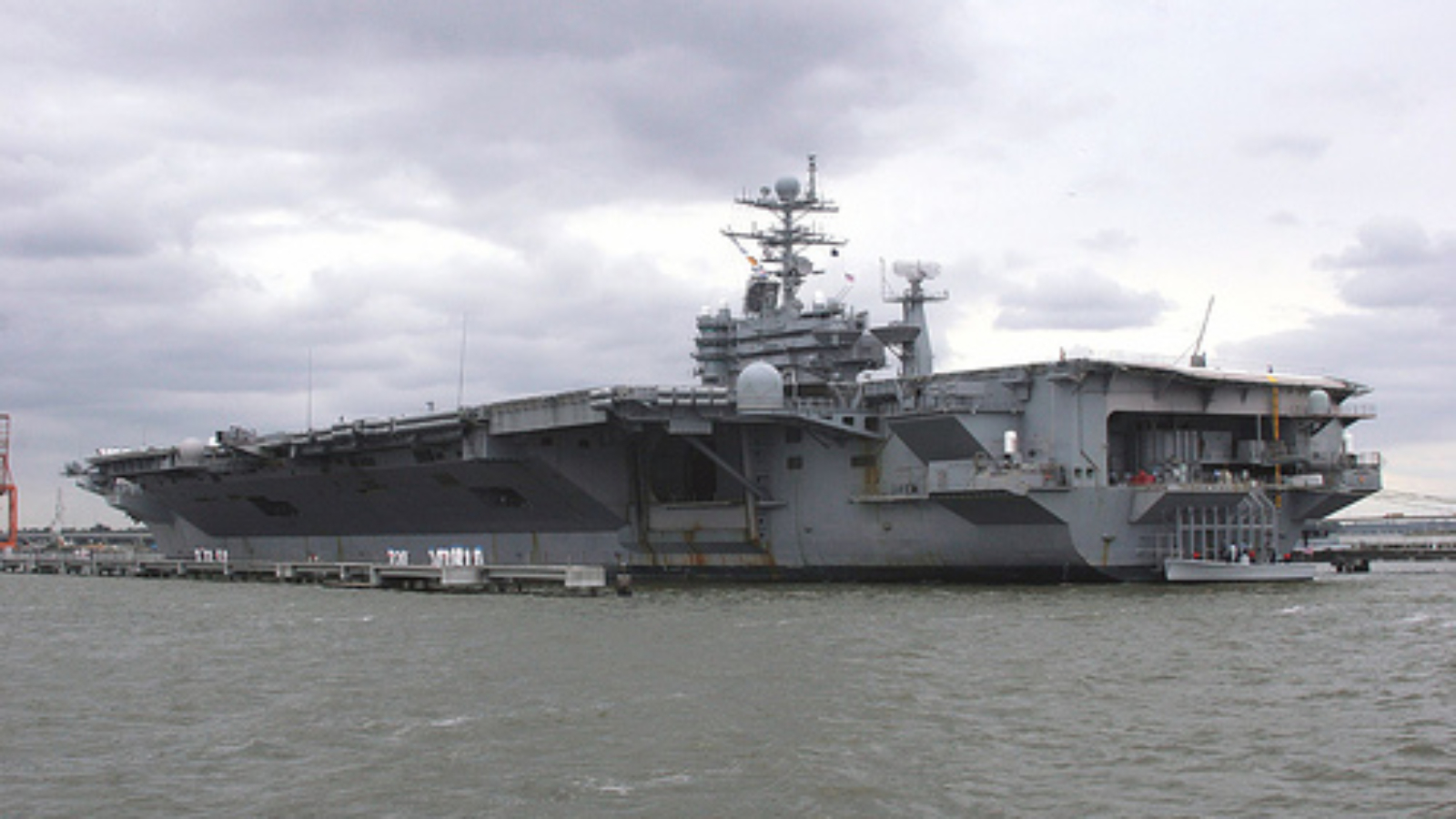by Donald Blinken
The visit by the nuclear carrier George Washington to the waters off North Korea reminds us that both carrots and sticks have a role to play in diplomacy. I have participated in both approaches. Two years ago, a small group of us joined the New York Philharmonic on its historic visit to North Korea. The 48 hours we spent in Pyongyang, highlighted by a concert, was intended first, to do no harm and, more importantly, to hold out the olive branch for future cultural exchanges with the hermetic North Korean regime. The concert, attended by nearly 2,000 North Korean functionaries, was a great emotional success. At the end, the audience was visibly moved – reluctant to let our great orchestra go. But did our visit achieve anything in improving relations, and in particular, North Korean behavior? Perhaps in the longer term it opened up North Korean eyes. But based upon recent North Korean actions, it did not persuade the “Dear Leader” to soften North Korean belligerency. Hence, the George Washington’s current visit.
In 1996, I personally used the George Washington’s proximity to make an impression on the Hungarian government, where I was serving as U.S. Ambassador. Russian troops had finally left Hungary in 1992, and by the mid-1990’s Hungary was participating in our pre-NATO revamping of former Warsaw Pact nations’ military planning and training. But our advice was not always easy for Soviet trained military to understand emotionally, as well as doctrinairily. The George Washington was conducting a joint exercise with a French squadron off Sardinia. I thought that a visit to our great carrier task force with Hungarian Officials could be worth several thousand words. I invited the Hungarian Minister of Defense and the chief of the general staff to join me as overnight visitors to our carrier. We flew from Budapest to Naples, and then by an aircraft designed to land on a carrier; we were deposited on the George Washington’s flight deck. The next 24 hours, with planes taking off and landing every few minutes throughout the night, were awe-inspiring. For the first time in my experience, our Hungarian friends were virtually speechless. But they clearly grasped what a late 20th century projection of power, as contrasted with the landlocked Soviet system, was really about.
What our friends saw and experienced that day confirmed and reinforced their desire to join NATO as soon as possible. Hungary was invited to apply for NATO membership in 1997, and officially joined it in 1999.
Our great carriers can make important contributions to our foreign policy goals without launching a plane or firing a shot in anger. As the George Washington’s current visit to the Koreas suggests, aircraft carriers remain a unique and consequential diplomatic tool.
Donald Blinken, U.S. Ambassador to Hungary from 1994 – 1998, is currently co-Chair of Columbia University’s European Institute and is a member of the Advisory Board of its School of Public and International Affairs. From 2000 to 2004, he served as Secretary General of the World Federation of United Nations Associations.
photo of the George Washington by TMWolf via Flickr
